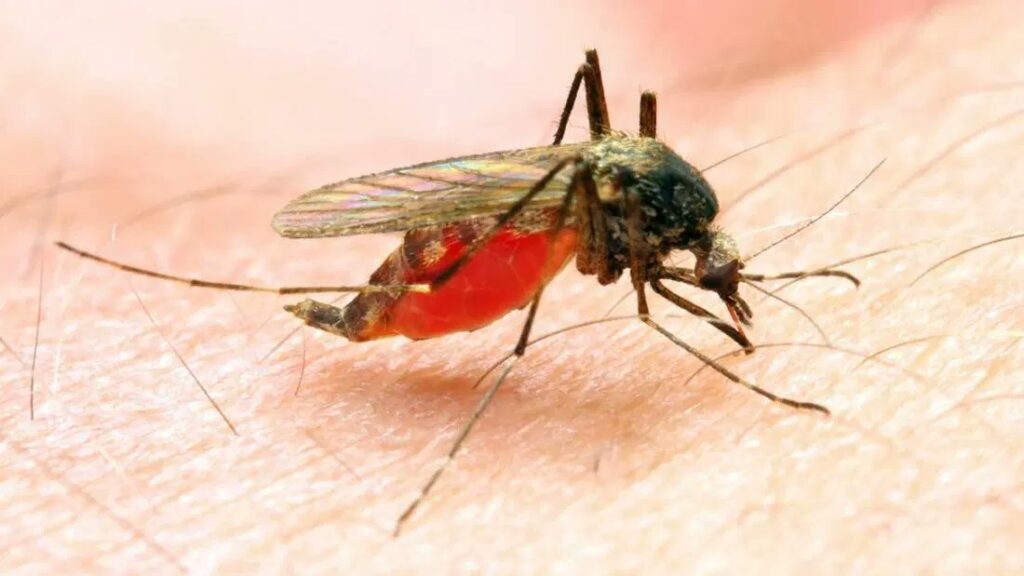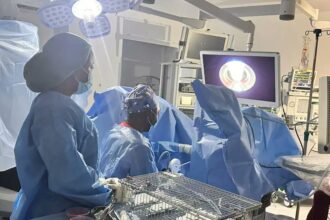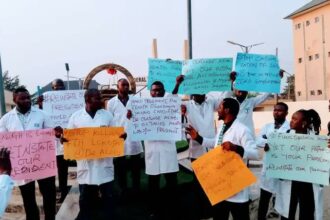
The Society for Family Health (SFH) has identified malaria as a critical public health challenge in Nigeria, stating that it kills at least nine people every hour and affects 97% of the population. This was disclosed during a media orientation held in Kano on the integrated insecticide-treated nets (ITNs) and Seasonal Malaria Chemoprevention (SMC) campaign.
Sesugh Deborah Oryiman, SFH’s Social and Behavioural Change Specialist, announced the organization’s plan to distribute 7.7 million insecticide-treated nets and over 15 million doses of SPAQ medication to children aged 3 to 59 months. The initiative is aimed at reducing the disease’s prevalence, particularly among children and pregnant women, who are the most vulnerable groups.
“Malaria is the most common but preventable public health issue in Nigeria. Yet, it takes a deadly toll, especially on children under five and pregnant women,” Oryiman said. She noted that the country records nearly 110 million clinically diagnosed malaria cases annually, which contribute to 30% of child deaths and 11% of maternal deaths. Nigeria currently accounts for 25% of the global malaria burden, with one in five malaria-related deaths worldwide occurring in the country.
Beyond the health impact, malaria severely hampers economic productivity. Oryiman highlighted that the disease contributes significantly to school absenteeism and loss of work hours, ultimately stalling national productivity. It is estimated that malaria reduces Nigeria’s GDP by 40% annually due to costs associated with treatment, prevention, and lost man-hours.
Despite these grim figures, there has been a modest improvement, with malaria prevalence as determined by microscopy decreasing from 27% in 2015 to 22% in 2021. Oryiman emphasized that the consistent use of treated mosquito nets remains the most cost-effective method of prevention.
The ongoing campaign will focus on local government areas with the highest vulnerability, with SPAQ doses set to be administered across all 44 LGAs in Kano State. Babangida Gwarzo, the State Malaria Elimination Programme Manager, stated that over 27,000 Community Mobilizers and Distributors (CMDs) have been engaged to deliver the medication directly to households.
Gwarzo encouraged caregivers to ensure their children receive the medication, particularly during the rainy season, when malaria transmission is at its peak. Incentives will be provided to encourage the uptake of treated mosquito nets and full participation in the campaign.
Source: https://nujfct.ng/








